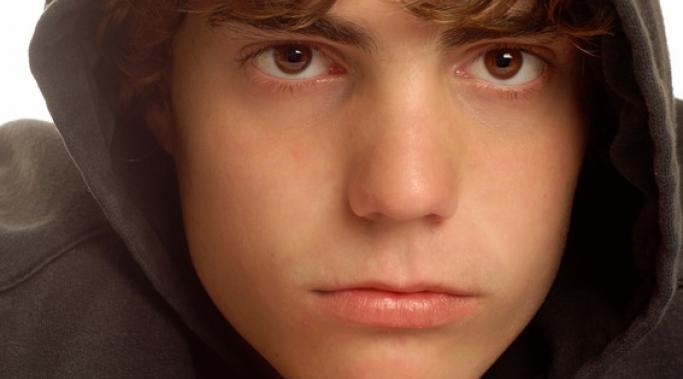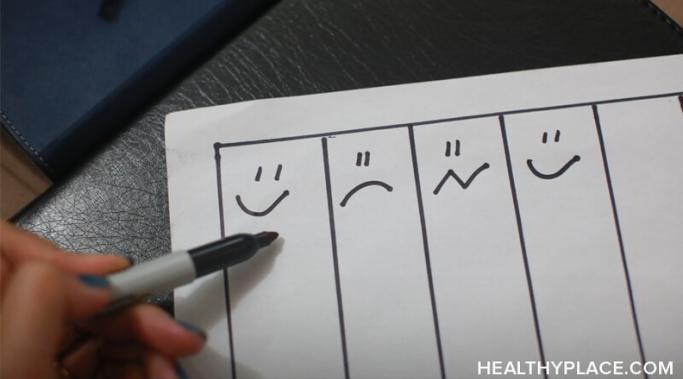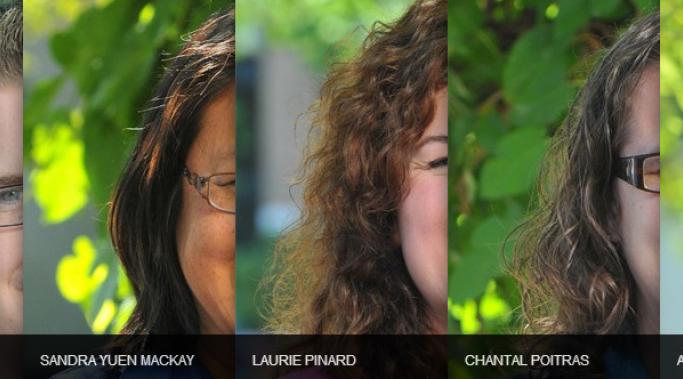Many times during treatment, you may have to consider whether to change your bipolar medication. This is a complicated question and a personal one. The answer varies from person to person. If you're considering changing your bipolar medication, here are some things to think about.
Achieving Remission
When I started seeing a psychiatrist, he said I would get back to life before bipolar disorder (well, I was diagnosed with just depression at the time). He focused on it a lot. He wanted to know how I was doing compared to what I was like "before." But there are so many problems with that thinking. I'm not sure you can ever get back to life before bipolar disorder.
I often hear from people who are in the very nastiest, lowest, deadliest pits of despair in their bipolar depression. It’s natural to reach out during these times. You need help and you need help now. And what these people want to know is:
How can I fix my life?
The answer to this question is both good and bad. The answer is: baby steps.
When I was first diagnosed, I went through 18 months of medication trials without success. I initially tried a bunch of antidepressants thanks to misdiagnosis and then I went through mood stabilizers when it was confirmed that I had bipolar disorder.
And every medication was pretty much the same. I would take the drug, it would induce horrible side effects, I wouldn’t be able to tolerate the drug and then I would have to try something else. It was unadulterated hell.
After 18 months of that, I went to my psychiatrist’s appointment, sat down and looked at my doctor as he threw his hands in the air and said, “I can’t help you. You’re no longer my patient.”
My doctor had fired me.
A normal life is something I’m not very familiar with. I’ve never really had one. From the time I was a kid with an alcoholic father, to the teenage years I spent depressed, to my adult years dealing with psychiatrists, symptoms and medication side effects, I’ve never really enjoyed anything termed normalcy.
But the question is, does anyone with bipolar enjoy a normal life?
It’s devastating to get a diagnosis of bipolar disorder or another mental illness. It means many things to many people, but I know for me, it meant a lifetime condition and a lifetime of treatment. It honestly felt like a death sentence.
But a bipolar diagnosis doesn’t just affect the person with bipolar disorder. A bipolar diagnosis can affect their family and friends, especially if the person with bipolar disorder is younger. It’s completely understandable for a parent to wonder if bipolar disorder is a death sentence. It’s completely understandable for a parent to wonder if his or her child is going to be okay.
I have talked many times about how important a routine is in bipolar disorder (Limitations and Rules that Keep Us Safe). There are many reasons for this, but one of the main ones is because bipolar disorder is considered a circadian rhythm disorder by many medical professionals. Your circadian rhythm is critical to your functioning as a human as it tells your body when to sleep and when to be awake (among other things) and trying to go against it is like swimming upstream. Assuming bipolar disorder is, indeed, a circadian rhythm disorder, we should do everything we can to work to regulate our circadian rhythms in a healthy manner. Keeping a strict bipolar routine is one major way of doing that.
For many years, the psychiatric community has known that therapy plus medication is more effective than either mental illness treatment alone. It all depends on the specific therapy, medication and person, but that’s, generally, the rule.
But the question is, if you’re being a good patient and you’re working your therapy and taking your psychiatric medications as you should, how do you know which one is causing positive results?
On Monday, I wrote about the Faces of Mental Illness campaign run by the Canadian Alliance on Mental Illness and Mental Health. This campaign is part of the Mental Illness Awareness Week which is this week in Canada (next week in the U.S.).
I like this campaign, and what’s more, given by the number of people who have read and shared the article, you like it too. People like hearing from other real people who have faced real mental illnesses and come out the other side to create whole and satisfying lives for themselves. And there’s absolutely nothing wrong with that. People find it helpful and hopeful and inspiring.
But the campaign leaves out a huge segment of the mentally ill population. Where is the celebration of those who fight every day to beat their mental illness but don’t become published authors or start a non-profit?
This week is Mental Illness Awareness Week in Canada. (Mental Illness Awareness Week in the U.S. starts next week. Why the two countries couldn’t get together on this I’ll never know.) And in honour of this week, I thought I would feature the Mental Illness Awareness Week’s campaign – the Faces of Mental Illness.
The Faces of Mental Illness Focuses on real people with real mental illnesses who have faced the worst and still found recovery. If you’re looking for some hope, these are the people who will give it to you.





![MP900178828[1]](/sites/default/files/styles/blog_listing/public/uploads/2013/03/MP9001788281.jpg?itok=xe_PjdU_)

![MP900302920[1]](/sites/default/files/styles/blog_listing/public/uploads/2012/11/MP9003029201.jpg?itok=8NGjkh1h)

